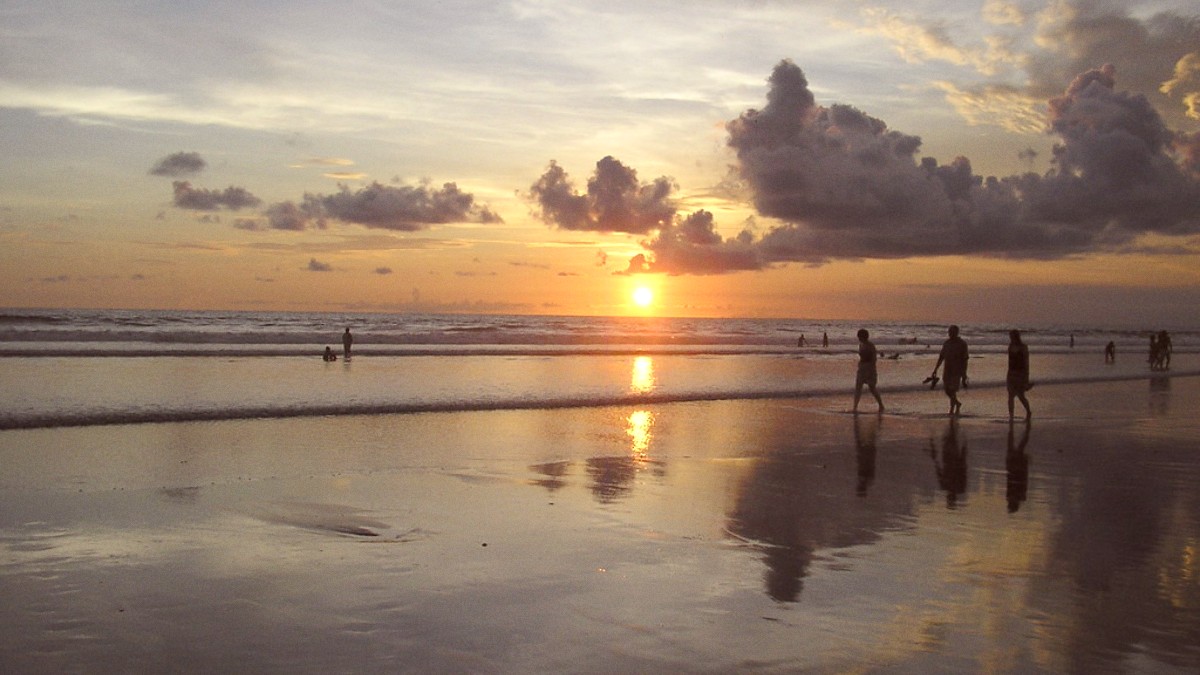
Indonesia
Bali has conservation efforts for coral reefs and marine life. Support eco-friendly operators or conservation groups.
Waste is a challenge. Your efforts reduce plastic. Carry a reusable water bottle and bag, decline plastic straws.
Bali experiences water scarcity. Be mindful of your water use: take shorter showers, reuse towels, and report leaks.
Consider how your choices lessen your ecological footprint.
Consider offsetting your flight emissions through reputable carbon offset programs.
Look for hotels and tour operators that promote sustainable practices.
Choose sustainable outdoor gear from companies with environmental commitments.
PatagoniaSupport companies focused on reusable products to minimize waste from your travels.
Package Free ShopCarrying a reusable water bottle and refusing single-use plastics significantly lessens plastic waste on the island.
Interacting respectfully with Balinese culture enriches your experience and honors local traditions.
Support local artisans, traditional performers, and cultural institutions.
Simple gestures of respect make a difference.
Make conscious choices to ensure your visit respects the local environment and economy.
Be respectful of privacy. Avoid intrusive photography. Do not disrupt ceremonies or prayers for a photo.
Wear a sarong and sash. Women on their period usually do not enter. Do not climb sacred structures. Be quiet and do not point feet towards altars.
Choose tour operators that prioritize ethical practices and contribute to local communities. Consider G Adventures for ethical travel.
Observing local etiquette and showing genuine interest in Balinese culture will enrich your journey.
Your travel choices directly boost the local community.
Directly support local livelihoods.
Make choices that foster fair practices.
Stay informed to prevent unintended negative impacts.
Avoid elephant riding, caged civet coffee farms (Kopi Luwak), and animal performances that cause distress.
Be aware of scams that pressure purchases or inflate prices. Use common sense. Do not support businesses linked to child labor.
Donate via reputable registered charities or NGOs. Direct giving to street children or beggars can inadvertently promote begging.
Consider supporting The Rainforest Site (GreaterGood) through your purchases to contribute to conservation efforts globally: The Rainforest Site.
Your spending choices are powerful; choose to support the local economy responsibly.